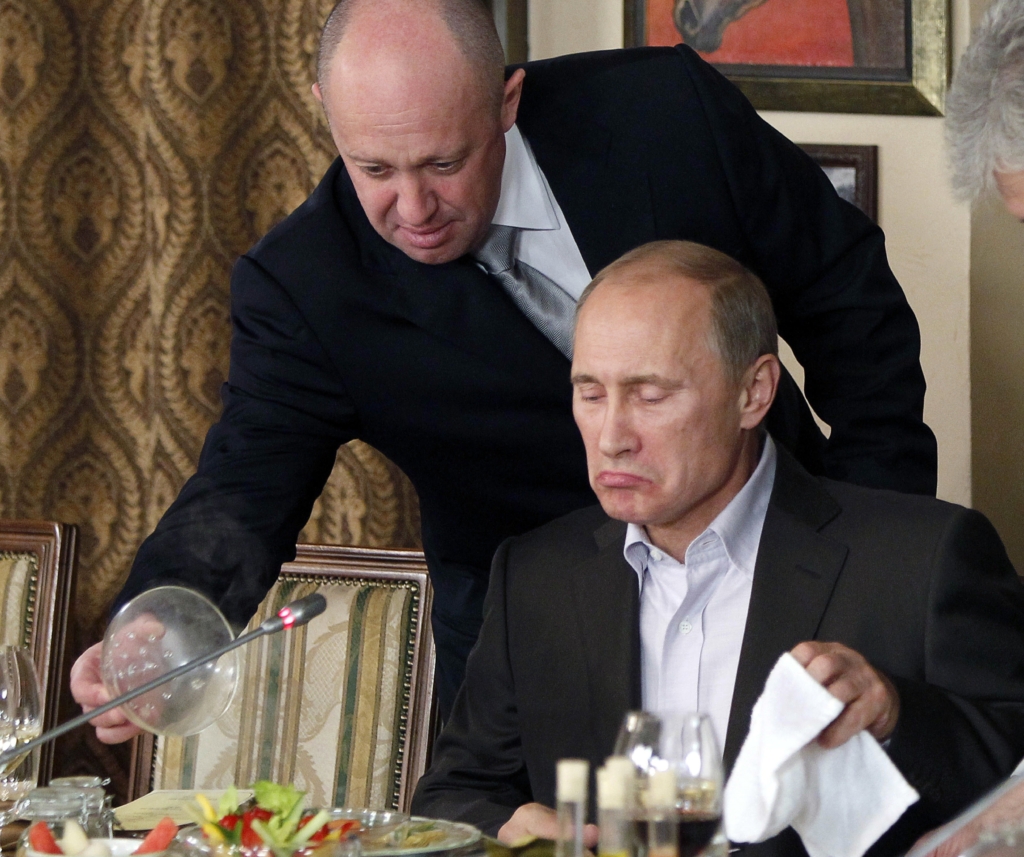Problem
A leaked draft from German government coalition negotiations—which will likely conclude this month—has revealed clear disagreement on whether Germany should uphold its commitment to spending 0.7% of its gross national income on Official Development Assistance (ODA).
This comes after the United States, the largest net contributor, has begun shutting down USAID. Meanwhile, traditional European donors such as the United Kingdom and the Netherlands are signalling their intention to abandon the 0.7% commitment too, arguing that increased defence budgets require cuts elsewhere.
If Germany followed this trend, it would leave space for actors like China and Russia. Chinese aid often comes with debt traps, forcing recipient countries into strategic concessions, such as infrastructure control or political alignment. Meanwhile, Russia focuses on fostering energy dependencies and providing military aid to bolster authoritarian regimes. Ultimately, this shift in influence would weaken Germany’s and Europe’s geopolitical standing across Africa, Latin America, and South-East Asia, undermining democratic governance and economic partnerships.
Solution
If Berlin is serious about being a geopolitical actor, it should deploy the full range of foreign policy tools at its disposal—including ODA. The US, historically both the dominant military power and the largest bilateral ODA net contributor, proves that defence and development spending are not mutually exclusive.
The new coalition government should then use Germany’s role as the EU’s largest bilateral ODA net donor to lead a more integrated European approach to aid—one that recognises ODA not just as charity, but as an instrument of soft power, complementing traditional security means. In this capacity, Berlin could bring together European partners—including the European Commission, the European External Action Service, and member states—to better coordinate responsibilities, pool resources, and define geographic priorities. In particular, it could find an ally in Spain, whose government is advocating for a soft-power approach to European security that remains committed to ODA.
First, this would limit Chinese and Russian influence by filling the America-shaped hole. Second, it would enable closer partnerships with local non-governmental organisations in recipient countries. Stronger ties with civil society can be an asset in advancing the EU’s and Germany’s long-term interests when collaboration with governments fail. Third, stressing the importance of aid as a strategic foreign policy instrument would help bridge the divide between European governments advocating for a broader, integrated approach to security including soft power tools and those prioritising defence spending due to their proximity to Russia.
Finally, at the domestic level, Germany should keep up ODA to advance its economic interests. Research shows that ODA can expand donor exports, attract foreign direct investment, and help firms secure infrastructure projects. As an export-oriented country in a fragmented global economy, ODA can help Germany build strategic partnerships for alternative trade routes. With the US departure, new opportunities for this are arising in, for example, the Indo-Pacific.
Context
Despite the last-minute reform of the debt brake by the previous Bundestag, the Social Democratic Party and the Christian Democratic Union negotiators now face the formidable task of consolidating Germany’s budget during the coalition talks. For some negotiators, ODA cuts have become an easy fix for budget gaps, despite being costlier than using ODA for conflict and crisis prevention in the long run.
The European Council on Foreign Relations does not take collective positions. ECFR publications only represent the views of their individual authors.
Source link










